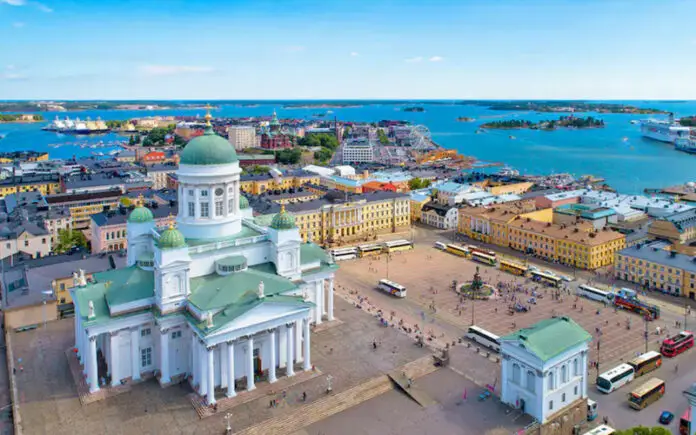1Helsinki, Finland

Helsinki is a model of sustainable living and public health. The Finnish capital offers clean air, extensive green spaces, and a high standard of healthcare. Helsinki’s public transportation system is efficient and eco-friendly, reducing pollution and promoting physical activity. The city’s focus on education and work-life balance also contributes to residents’ mental and physical well-being. Furthermore, Finland’s social support systems ensure that all residents have access to necessary health services and a high quality of life.
The healthiest cities in the world share common traits: excellent healthcare systems, clean environments, active lifestyles, and a strong sense of community. These cities prioritize the well-being of their residents through sustainable practices, accessible public services, and an emphasis on both physical and mental health. By learning from these urban centers, other cities can adopt similar measures to enhance the health and quality of life of their inhabitants.





















